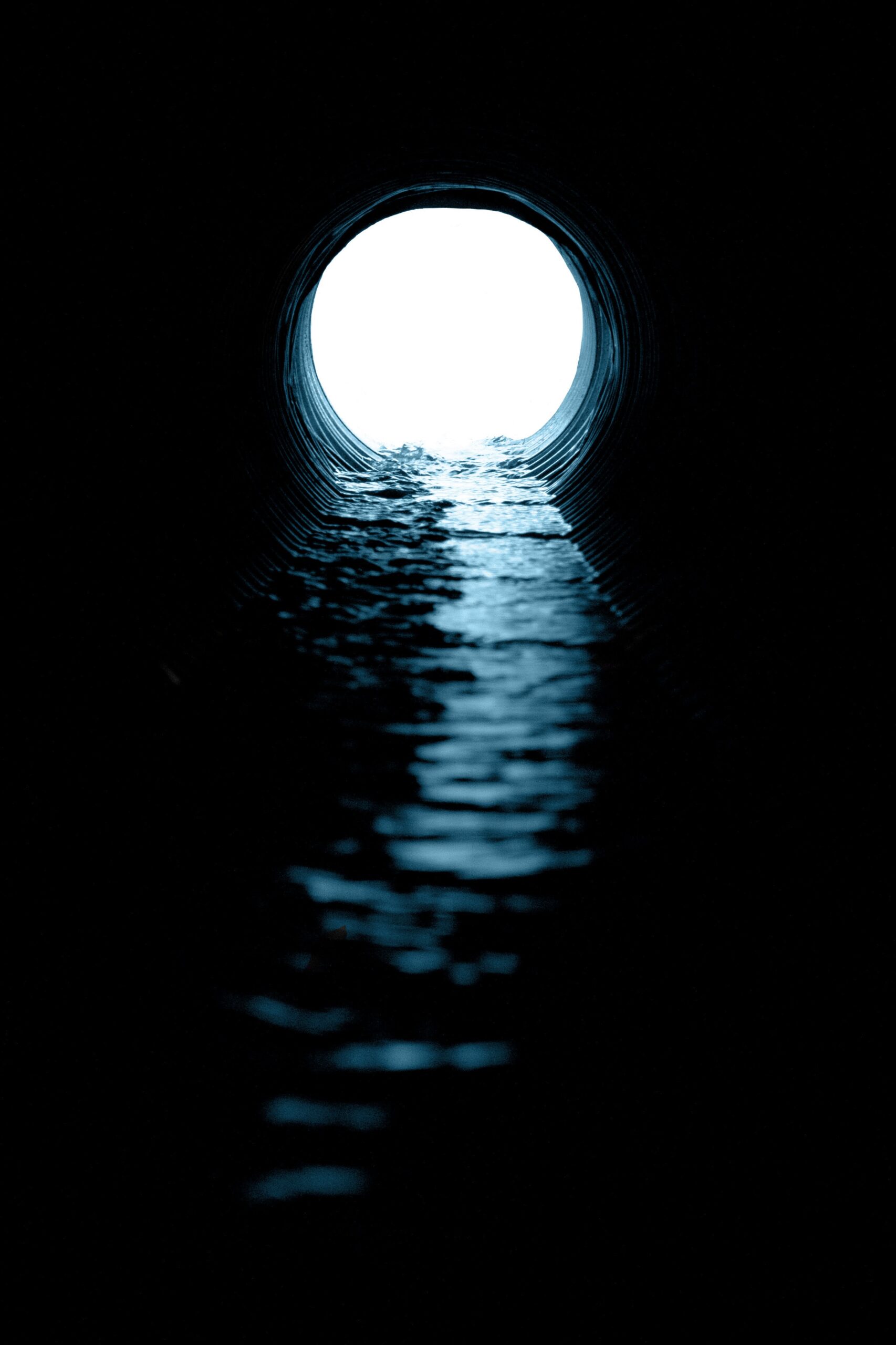PULLMAN, Wash. – Washington State University’s School of the Environment will host a free, public presentation, “Environmental Justice in Rural America,” by leading environmental justice activist Catherine Coleman Flowers at noon on Wednesday, Feb. 16.
In her online talk, Flowers will focus on the problem of wastewater inequality as a social justice issue and the ways water and sanitation infrastructure serves as an indicator of larger cycles of racism and poverty in our country.
It is the second and final presentation in SoE’s Lane Family Lecture in Environmental Science 2021–22 series.
Throughout her 20 years of work on this issue, Flowers has gathered insights from people struggling with water sanitation problems in nearly every part of the U.S.—including the Pacific and Inland Northwest. She will speak about how, with research and ingenuity, the U.S. can make significant strides toward sanitation equity and how activists of any age can help achieve equitable and sustainable wastewater infrastructure. A question-and-answer session will follow her talk.
“This presentation will push our students, faculty and community to think more deeply and broadly about the interlocking human and technological dimensions of our environmental challenges,” said SoE Director Kent Keller. “The rural focus is especially pertinent to WSU’s mandate as a land-grant institution and its goal of advancing quality of life, economic development, equity and sustainability.”
Interdisciplinary faculty panel to discuss related research and education
SoE will also host a seating-limited, in-person viewing opportunity for Flowers’ noon presentation immediately followed by a panel discussion at 1:30 p.m., featuring WSU faculty experts who will expand on topics raised and related areas of WSU research and education.
Find out more and register for either or both events on the School of the Environment webpage.

Founder of the Center for Rural Enterprise and Environmental Justice, Flowers was appointed vice chair of the Biden Administration’s inaugural White House Environmental Justice Advisory Council in 2021. She was a MacArthur Foundation Fellow in 2020.
Flowers is rural development manager for Bryan Stevenson’s Equal Justice Initiative and serves as a board member for the Climate Reality Project, the Natural Resources Defense Council, and the Center for Earth Ethics at Union Theological Seminary. She is also co-chair of the American Academy of Arts and Sciences Commission on Accelerating Climate Action and a practitioner in residence at Duke University.
In her book, “Waste: One Woman’s Fight Against America’s Dirty Secret,” Flowers reveals one of the least-discussed forms of inequality—equal access to water and sanitation—and illuminates the correlation between sanitation and systemic class, racial and geographic prejudice affecting people across the U.S.
In October 2021, acclaimed author and anthropologist David Treuer (Ojibwe) presented a Lane Family Lecture on “Modern Native America and Environmental Justice.” Other previous presenters since the lecture series began in 1993 include Jane Goodall, Sandra Postel, Cecil Andrus, and David T. Suzuki.
Lecture cosponsors of 2022 include WSU’s College of Arts and Sciences; College of Agricultural, Human, and Natural Resource Sciences; Global Connections; Martin Luther King Program; Department of Sociology; SoE Graduate Student Association; Thomas S. Foley Institute for Public Policy and Public Service; Collective for Social & Environmental Justice; and Common Reading Program. CR credit is available to students.
About SoE and the Lane Lecture
The scope of SoE education, research and engagement spans the physical, life, and social sciences to examine important environmental challenges, advance understanding of the Earth system, and develop citizens for a sustainable future. The Lane Family Lecture in Environmental Science was established by a gift from L.W. “Bill” Lane, former publisher of Sunset magazine and numerous books and films, and his wife, Jean.
“We are strong proponents of public service and hope that the annual lecture and fellowship encourage efforts to find solutions to some of the global problems that confront society,” Bill Lane said. With their son Robert, a 1983 WSU alumnus, the Lanes also created the Robert Lane Fellowship in Environmental Science to support graduate students in environmental science at WSU.
Gifts to support the Lane Family Lecture or Robert Lane Fellowship can be made securely online or by contacting the CAS development office.
Media Contacts
- Kent Keller, WSU School of the Environment, 509-335-3009, ckkeller@wsu.edu
- Adriana Aumen, College of Arts & Sciences , 509-335-5671, adriana@wsu.edu






